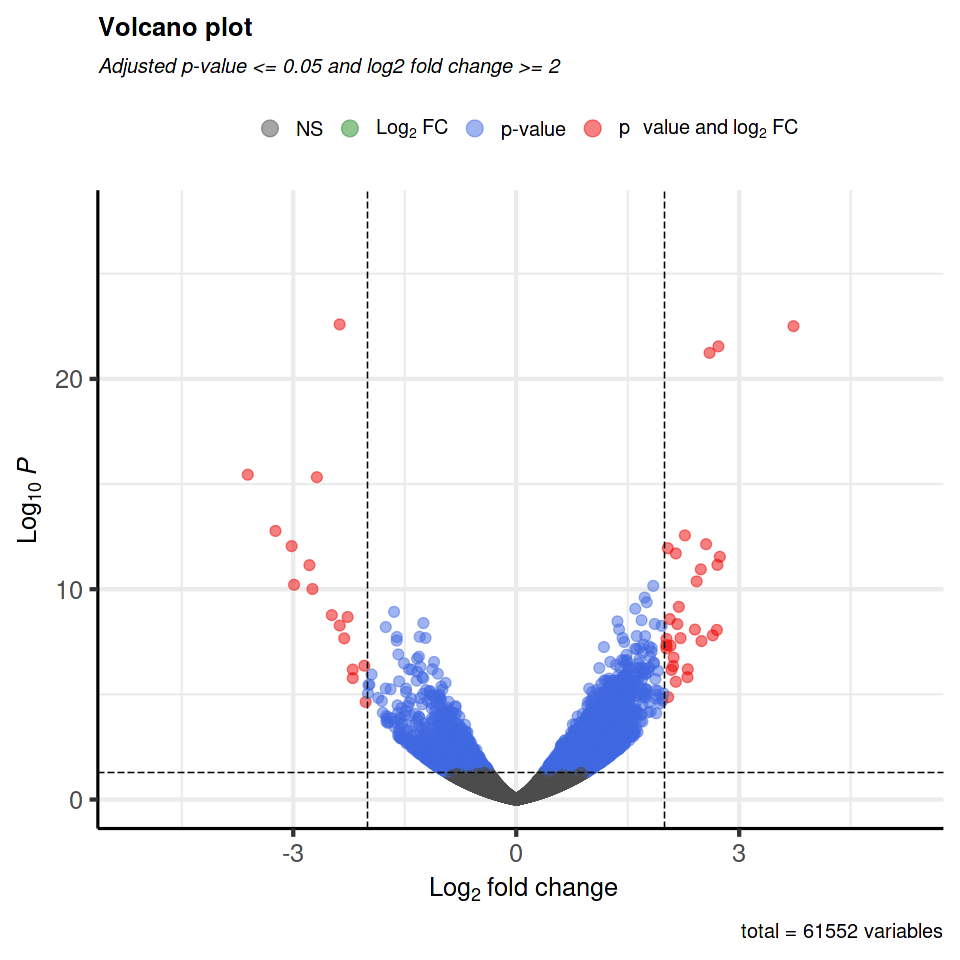Giving meaning to your sequencing data
Each sequencing project is unique and data analysis is crucial for the successful completion of your project. At GenomeScan, we keep listening to understand your constraints and your needs.
Our Bioinformaticians routinely perform custom analyses, including the development of new methods for mining and interpreting your biological data. When starting up a sequencing project, we always discuss the options for data analysis. You can choose to receive the quality controlled sequencing data in raw format (FASTQ) or opt for a detailed bioinformatics analysis.
Our bioinformatics team brings together expertise in next generation sequencing, validated data processing, statistics, bioinformatics, genetics, and genomics.

Key benefits:
- Add value (get the most biologically relevant information out of your data)
- Flexible analysis (make use of an analysis strategy tailored to your needs)
- Results with confidence (we work under ISO/IEC 17025 or ISO 15189)
- Fast results (receive bioinformatics report in 72h)
Data analysis applications
DNA Sequencing
Align raw NGS reads to analyze, identify and understand genomic variations and changes.
Whole genome (WGS), whole exome (WES), and targeted sequencing are ways to take a snapshot of the genetic landscape of your sample. Our team works with you to process your data, improve alignments and report genomic changes (SNPs, indels, SNV, CNV). We use industry-trandard pipelines to process your data from raw FASTQ files to an annotated variant list.
RNA Sequencing
Analyze continuous changing gene expression patterns.
Today RNA sequencing is not limited to standard gene expression or transcriptome analysis, GenomeScan developed protocols for small-, low input- and FFPE RNA sequencing. Various statistical analyses including sample correlation, principal component, differential gene expression analysis, gene set enrichment and pathway analyses are performed and presented in figures and tables to quickly identify key genes.
Epigenetics
Understand gene activity and regulation.
Validated protocols and applications allow you to study different methylation loci in the most challenging samples: low quality or quantity of the available DNA is no longer hampering your project. Our bioinformaticianss analyse epigenetic NGS data, such as Bisulfite-Seq, ChIP-Seq, or RNA-Seq, and extract biological insights to allow you to make educated and clear decisions.
FAQ about Bioinformatics

Q: Which software/pipelines do we use for analyses?
A: We use state-of-the-art and industry-compliant software tools (commercial, FOSS, and in-house developed) to deploy our validated as well as custom workflows. Each tool has been evaluated and thoroughly tested. Tools and their functions are documented in a comprehensive data analysis report.
Q: Do I get a report and how does a report looks like?
A: For each data analysis a publication-ready report is provided. It documents the aims, workflow, methods, software tools used, results, conclusions, and references. For example reports contact our Sales representatives.
Q: Do I get intermediate files next to the result files?
A: We provide all result files as well as intermediate files which are useful for reviewing or continuing the analysis. All other files and formats generated but not delivered in our standard output are available upon request.
Q: What versions of the software are you using?
A: Software versions are documented in the data analysis report and output files provided to the customer. Generally, we update software tools to their latest stable versions after thorough validation.
Q: Can you perform the analysis according this paper or workflow?
A: Yes, we can perform custom data analyses and filtering in close collaboration with you. This can be based on methods you are already familiar with or based on published methodology. After consultation a work plan is drafted which will be executed after agreement by you.
Analysis examples
Let's get the conversation started for your next NGS project
Please either fill in this form or email us directly at info@genomescan.nl
and we will get in touch with you to discuss your requirements.



